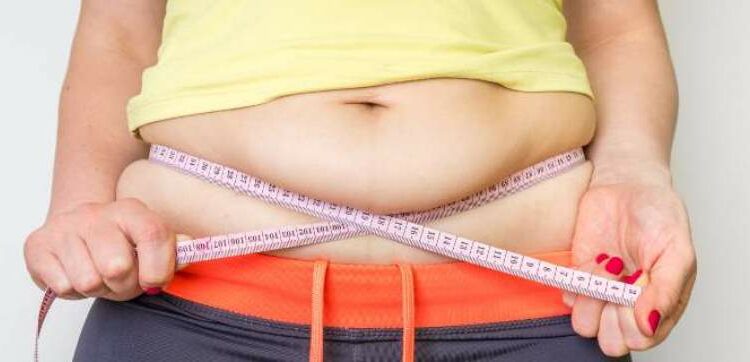Ο μεταβολισμός μας είναι στην ουσία οι διαδικασίες του οργανισμού που χρησιμοποιούν ενέργεια. Αυτό που ίσως δεν γνωρίζουμε όλοι είναι πως μπορούμε να ρυθμίσουμε και να αλλάξουμε τον μεταβολισμό μας, με σωστή διατροφή, ώστε να καίμε περισσότερες θερμίδες κάθε μέρα. Ώρα να μάθουμε, λοιπόν, περισσότερα για τον μεταβολισμό, και οι παρακάτω πληροφορίες θα μας βοηθήσουν.
- Μεγαλύτερη σημασία έχει ο βασικός μεταβολικός ρυθμός μας, δηλαδή το πόσες θερμίδες καίμε όταν το σώμα μας δεν κάνει τίποτα. Μπορούμε να μάθουμε ποιος είναι ο μεταβολικός μας ρυθμός online, αλλά έτσι δεν λαμβάνεται υπόψιν η διαφορά λίπους-μυϊκής μάζας. Μιλήστε με τον γιατρό σας για πιο σίγουρες επιλογές.
- Πρέπει να τρώμε αρκετή πρωτεΐνη για να αυξήσουμε τον μεταβολισμό μας. Επιλέγουμε υγιεινές πηγές πρωτεΐνης, όπως κοτόπουλο και ψάρι, και καταναλώνουμε μικρές ποσότητες σταθερά μέσα στην μέρα. Από φυτικές πηγές, τα όσπρια και οι ξηροί καρποί είναι τέλεια πηγή.
- Η κατανάλωση απλών υδατανθράκων, όπως το λευκό ψωμί, καταστρέφει τον μεταβολισμό μας, καθώς αυξάνουν τα επίπεδα ινσουλίνης. Επιλέγουμε ποιοτικούς υδατάνθρακες, όπως φρούτα, λαχανικά, όσπρια και δημητριακά ολικής άλεσης.
- Περισσότερη μυϊκή μάζα σημαίνει καλύτερος μεταβολισμός. Αυτό συμβαίνει επειδή οι μύες απαιτούν περισσότερες θερμίδες για να αναδομηθούν και να διατηρηθούν σε σχέση με το λίπος. Συνεπώς δεν σταματάμε να γυμναζόμαστε.
- Η εμμηνόπαυση μπορεί να ρίξει λίγο τον μεταβολικό σας ρυθμό, και για αυτό είναι σημαντικό να προσέχετε την διατροφή σας αλλά και να γυμνάζεστε τακτικά σε αυτή την μεταβατική περίοδο της ζωής σας.
- Ορισμένες παθήσεις μπορεί να δημιουργήσουν προβλήματα στον μεταβολισμό. Ο υποθυρεοειδισμός, για παράδειγμα, είναι μία από αυτές. Αντιθέτως, η νόσος του Graves, μπορεί να επηρεάσει τον μεταβολισμό με τέτοιο τρόπο, που να υπάρχει επικίνδυνη απώλεια βάρους.
- Το πόσο τρώμε, αλλά και το πότε τρώμε, σχετίζεται με τον μεταβολισμό μας. Αν δεν φάμε, για παράδειγμα, όλη μέρα και το βράδυ το παρακάνουμε, θα αυξηθούν πολύ απότομα τα επίπεδα ινσουλίνης, και ο μεταβολισμός μας θα δυσλειτουργεί.
- Η βιταμίνη D μπορεί να παίζει έναν ρόλο στην διαδικασία του μεταβολισμού, ή τουλάχιστον έτσι στηρίζει μια έρευνα του 2013, που δημοσιεύθηκε στο European Journal of Clinical Nutrition: ότι η έλλειψη βιταμίνης D μπορεί να συσχετίζεται με αυξημένο κίνδυνο παχυσαρκίας.
Πηγή:iatronet.gr




























